Do It Yourself
Best Plants For Your Survival Garden
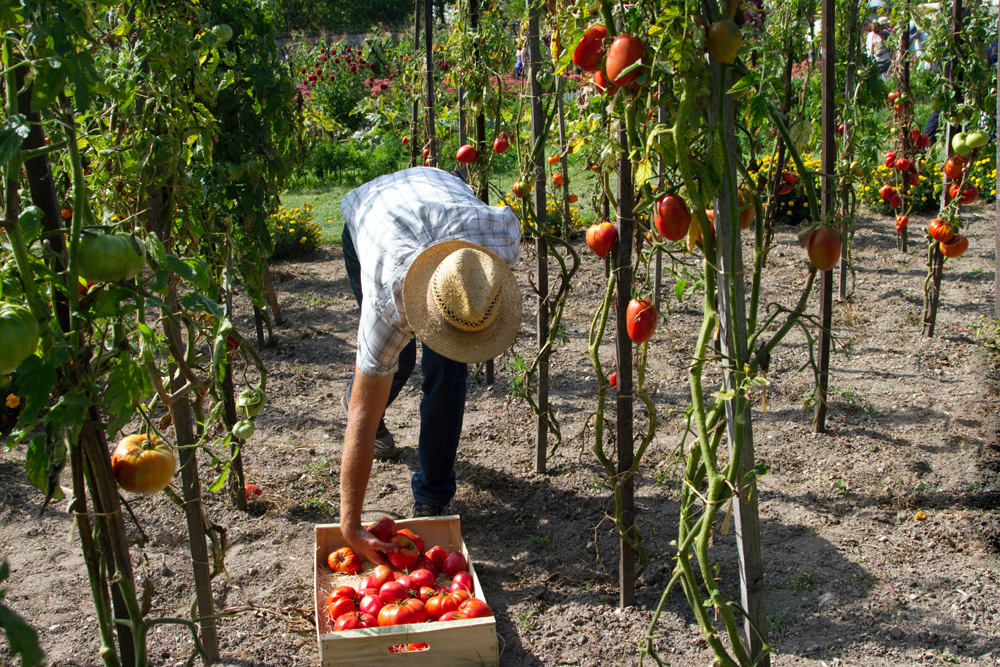
With everything that’s going on, you might already be considered starting your own backyard garden. Why not? It will guarantee your food supply. But first, what are the best plants to put in your survival garden?
Survival Garden Plants You Can Start With
Pristine raised beds with perfectly manicured robust plants, void of weeds or any other blemish – this picture might come to mind when you think of a garden. The survival garden is a different thing.
Your perfect raised bed garden is designed to please the eye as much as it will please the stomach.
You can grow a lot of food in a traditional garden but the problem is, it’s as pleasing to your eye as it is to many others. Any onlooker will appreciate a great garden and when hard times arrive they might decide to appreciate that nice garden while you and your family sleep. They might help themselves to the things they want.
The benefit of a survival garden is that it blends in with the landscape and looks more like a bunch of overgrowths than an actual garden. No one has perfected this practice like Rick Austin the Survival Gardener and his books are best pieces of literature on the topic to date.
So, what are the best plants to include in your hidden survival garden?
1. Perennials
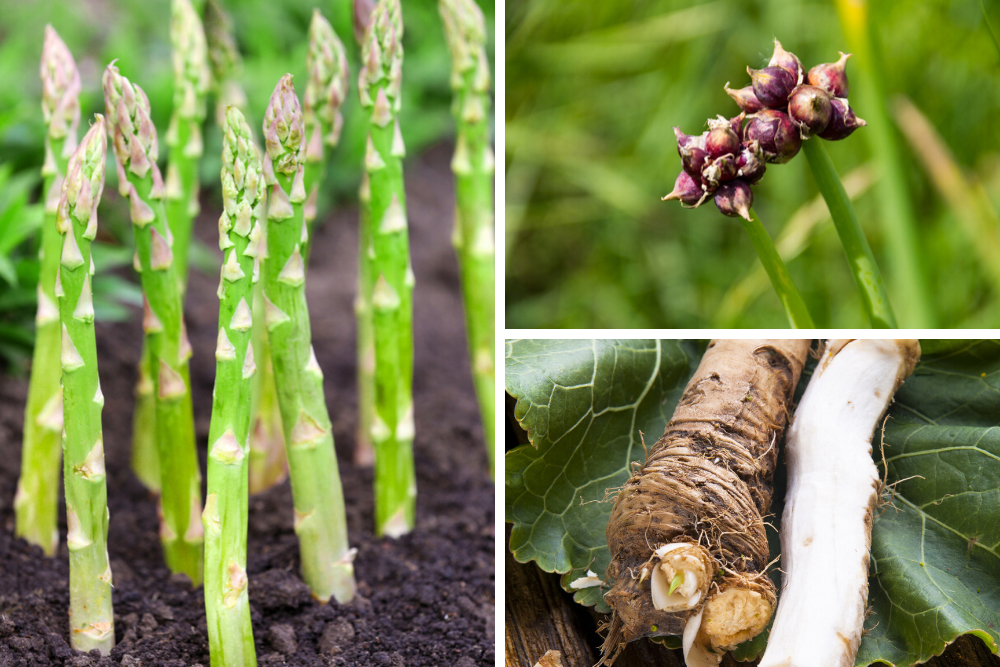
There are no better plants to include in your survival garden than perennials. These are literally plants that come back year over year and provide you with food for truly little effort. You can add these anytime to your survival garden you are going to want to add them.
They can be a bit of an investment and many do not produce until the second year they are in the ground.
Another great thing about perennials is they are harder to identify than more traditional plants. Examples of great perennials are:
- Asparagus
- Horseradish
- Sunchokes
- Egyptian Walking Onions
- Sea Kale
- Day Lilies
2. Fruit and Nut Trees
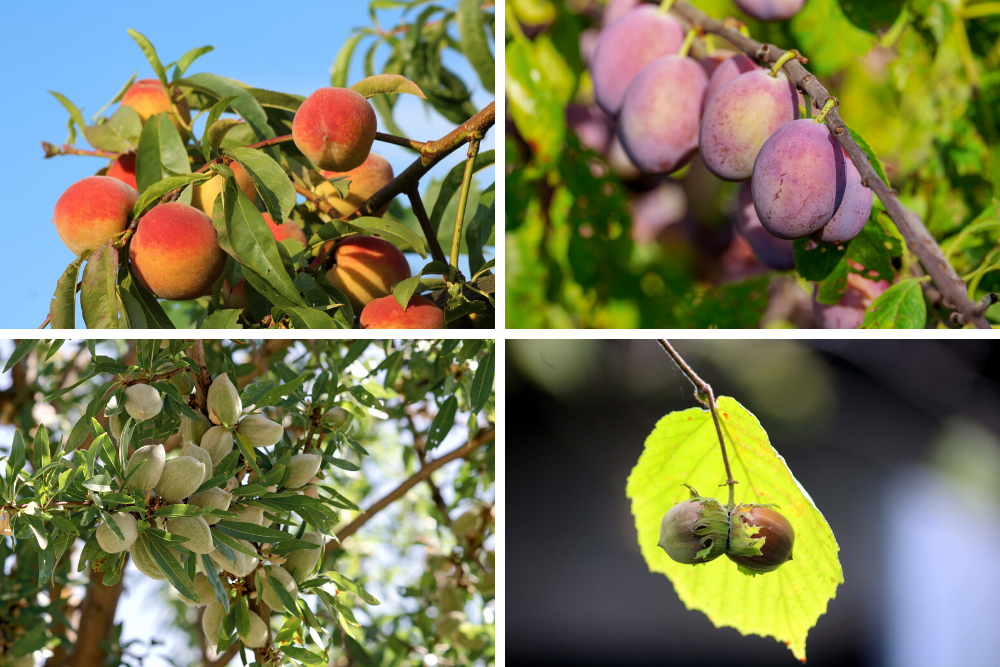
Planting perennials around fruit and nut trees will give you a great base for the rest of your survival garden. Now, you will have food-producing trees, which very few people can identify, surrounded by hard to identify perennials that will all produce food for you.
Fruit and nut trees will require some mulching, pruning, and maybe even some fertilizing to assure you get some high-quality production.
These trees are another great investment that will produce food for years. Here are some easy to grow fruits and nuts to plant in your survival garden:
- Peaches
- Apples
- Paw Paw
- Plums
- Almonds
- Hazelnuts
- Walnuts (these will get HUGE but they will produce a lot of walnuts)
3. Herbs
View this post on Instagram
Herbs are a unique addition to your garden because they can be used to enhance food, used as alternative medicine, and to ward away bad pests and insects destroying your survival garden.
They can also double as a ground cover. Plants like thyme are great for this.
I am going to give you a list of some of the best multipurpose herbs for your survival garden. These are:
- Lavender
- Rosemary
- Oregano
- Thyme
- Sage
- Mint
4. Brambles
View this post on Instagram
Raspberries and blackberries are the very best of these to add to your survival garden. Not only do they produce an incredible amount of berries, but they also come back year over year.
These caning bushes will put up new shoots year over year and if they are not tamed they can even become quite invasive.
Because they are dense and thorny these brambles can also be used as deterrents to keep people out of your garden. Imagine a naturally occurring perimeter of these brambles around your robust food forest.
You might have naturally occurring blackberries in your area; these are very easy to transplant. You can pull up a single cane and transplant that to your property. In a couple of years, you will be building a nice blackberry patch.
We also keep Blackhawk raspberries, and they are very prolific.
5. Annuals
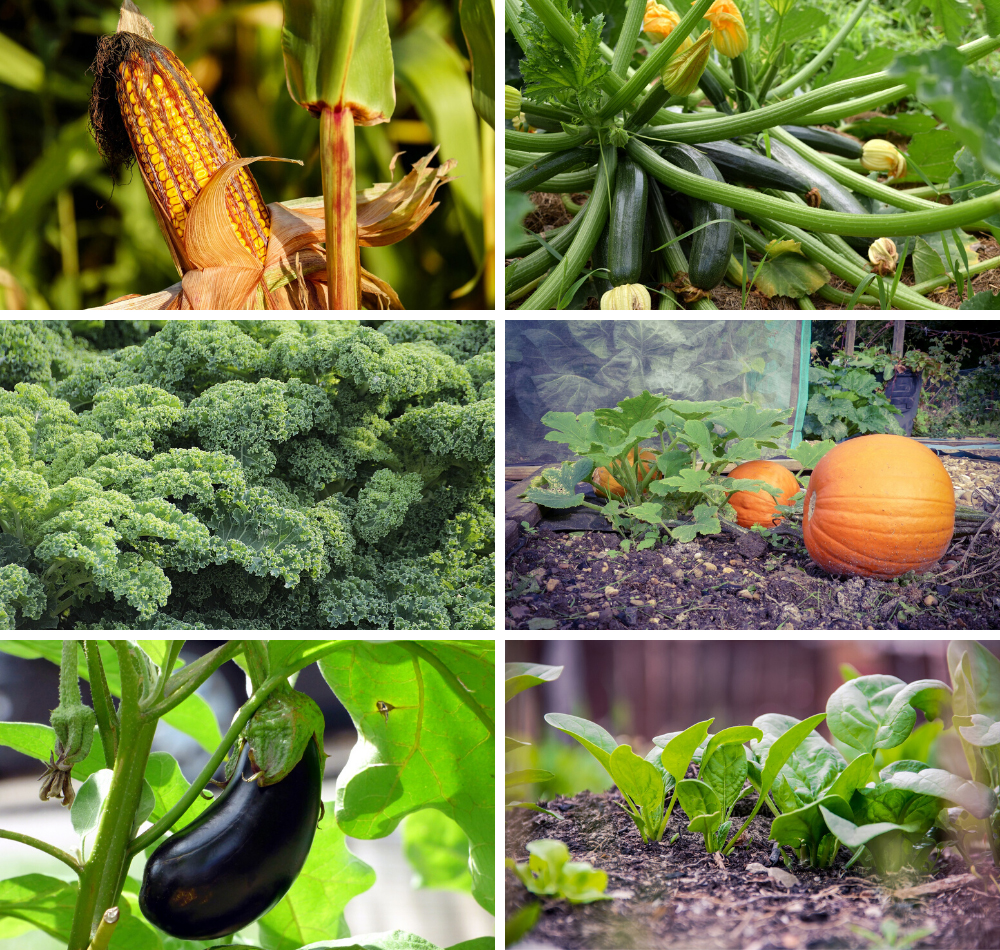
What would a garden be without some great annuals? The mistake we make most is that we allow the annuals to dominate our garden year over year. Because of this, we find ourselves with mountains of work each spring because we are starting all over!
The survival garden is the opposite. It is dominated by trees and perennials.
That does not mean that we cannot use it to grow some annuals but just be careful. You want to grow annuals that produce the most food per plant. These are easy to identify.
1 carrot seed makes 1 carrot.
1 green bean seed makes dozens of green beans.
That is the difference. Choose the right plants and you can grow tons of food in a small area. If you dedicate your garden to low yield plants, well, you will have a low yield.
Start with these:
- Sweet Peas
- Green Beans
- Corn
- Pumpkins
- Butternut Squash
- Acorn Squash
- Cherry Tomatoes
- Eggplant
- Kale
- Spinach
- Zucchini
- Summer Squash
A Garden for Your Survival
You might have a prolific garden in your backyard already. If you choose to call this your survival garden, that is okay, but there are some tremendous risks in that. Namely the fact that this garden can be had by anyone who is willing to wait till you fall asleep.
Now in normal circumstances that would not happen, but we are not preparing for normal circumstances, are we?
Your survival garden should be a hidden location that offers up a collection of food-producing edible plants, trees, and medicinal herbs that looks as much a mess as any other collection of woods. When you walk into that section of woods, you will understand what you have created. But for most other people, it will be a mystery.
Do you have other ideas for survival garden plants? Let us know in the comments section!
Up Next:
-

 Do It Yourself7 months ago
Do It Yourself7 months agoParacord Projects | 36 Cool Paracord Ideas For Your Paracord Survival Projects
-

 Do It Yourself9 months ago
Do It Yourself9 months agoHow To Make Paracord Survival Bracelets | DIY Survival Prepping
-

 Do It Yourself9 months ago
Do It Yourself9 months ago21 Home Remedies For Toothache Pain Relief
-

 Do It Yourself10 months ago
Do It Yourself10 months agoSurvival DIY: How To Melt Aluminum Cans For Casting
-

 Exports8 months ago
Exports8 months agoAre Switchblades Legal? Knife Laws By State

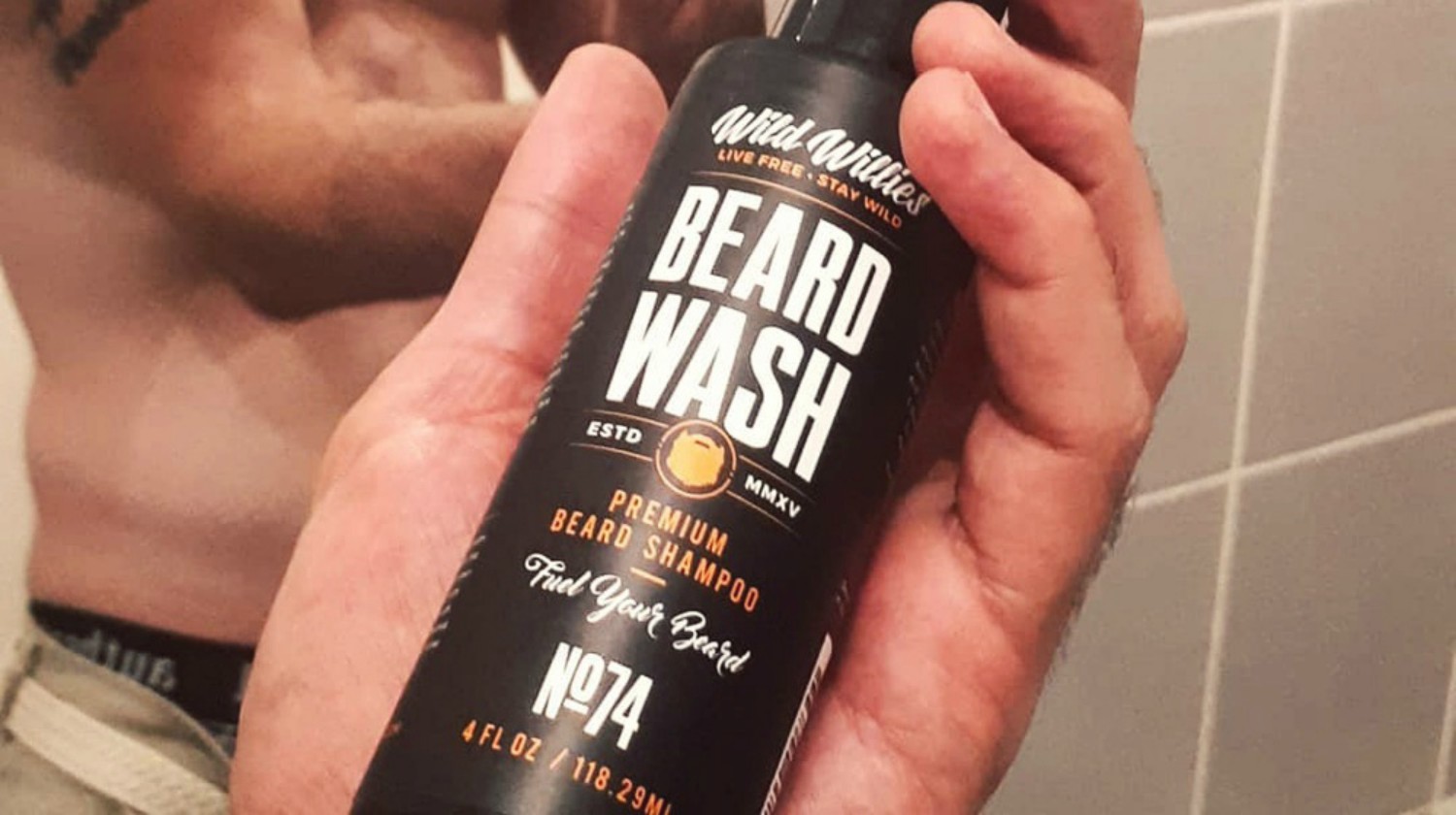
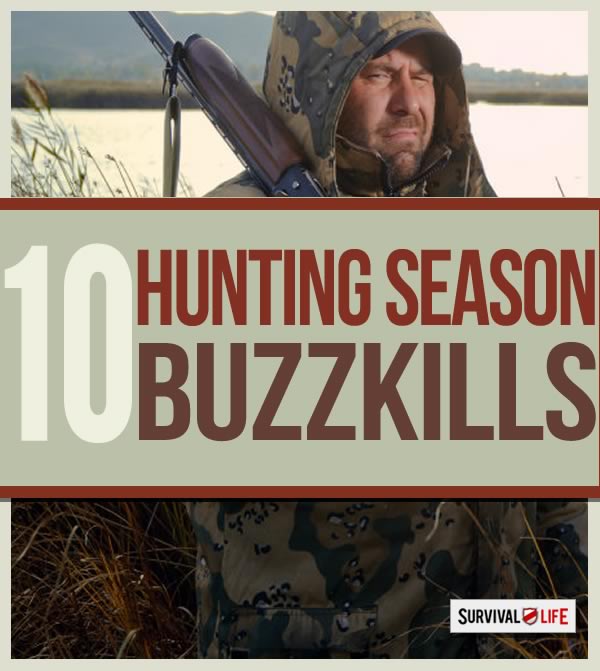



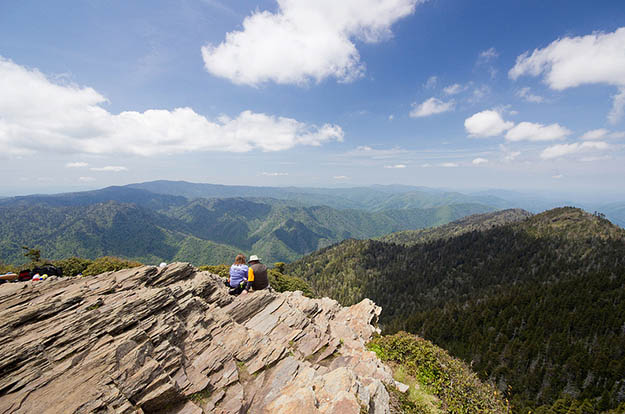

Pingback: Backyard Aquaculture And Its Importance | Best Go Bag
Pingback: Growing Under Cover With Niki Jabbour [PODCAST] – The Self-Sufficient Life
Pingback: Growing Under Cover With Niki Jabbour [PODCAST] – Alive After USA Fall
Pingback: Growing Under Cover With Niki Jabbour [PODCAST] – surviveurself
Pingback: Growing Under Cover With Niki Jabbour [PODCAST] | Best Go Bag
Pingback: The Right Plant in the Right Spot [PODCAST] – The Self-Sufficient Life
Pingback: The Right Plant in the Right Spot [PODCAST] - Survivalnomics
Pingback: The Right Plant in the Right Spot [PODCAST] – Alive After USA Fall
Pingback: The Right Plant in the Right Spot [PODCAST] - Cooking in Quarantine
Pingback: The Right Plant in the Right Spot [PODCAST] – surviveurself
Pingback: The Right Plant in the Right Spot [PODCAST] | Best Go Bag
Pingback: Creating a Garden Budget | Survival Life – The Self-Sufficient Life
Pingback: Creating a Garden Budget - Cooking in Quarantine
Pingback: Creating a Garden Budget – Alive After USA Fall
Pingback: Creating a Garden Budget | Survival Life – surviveurself
Pingback: Creating a Garden Budget – SurvivalHood
Pingback: Creating a Garden Budget | Best Go Bag
Pingback: Pollarding Trees for Survival – Sprent Brass
Pingback: A Roadside Emergency Kit Gives You Peace of Mind - Cooking in Quarantine
Pingback: Prepper Kits [PODCAST] – Sprent Brass
Pingback: Pollarding Trees for Survival - WildSurvivalDigest.com